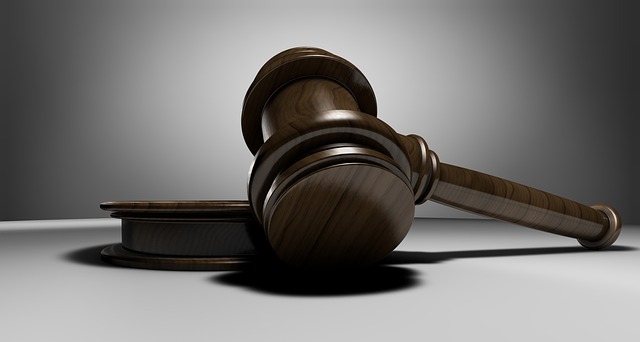I. Introduction
The offshore industry, encompassing oil & gas extraction, wind farms, and more, plays a pivotal role in our global economy. However, the work carried out in these remote and often harsh environments is fraught with danger. Understanding the causes and risks of offshore accidents is crucial for ensuring worker safety and protecting legal rights.
II. Common Causes of Offshore Accidents
A. Equipment Failure
Offshore operations rely heavily on complex machinery. Malfunctions, breakdowns, and faulty equipment can lead to serious accidents. For instance, pipe ruptures, crane failures, and blowouts are common equipment-related incidents that can have devastating consequences.
B. Human Error
Human error, often resulting from fatigue, lack of training, or miscommunication, is another significant cause of offshore accidents. Incorrect procedures, operator negligence, and poor decision-making can all lead to dangerous situations.
C. Environmental Factors
The offshore environment itself poses significant risks. Harsh weather conditions such as storms and high waves can increase the likelihood of accidents. Natural disasters like hurricanes and earthquakes also pose potential threats.
III. Risks Associated with Offshore Accidents
A. Worker Injuries and Fatalities
The severity of potential injuries in offshore accidents is high, with burns, falls, and drowning being common. Tragically, many of these accidents can result in fatalities, highlighting the extreme risks faced by offshore workers.
B. Environmental Damage
Offshore accidents can lead to significant environmental damage. Oil spills and other pollutants can harm marine ecosystems, with potential long-term consequences for biodiversity and the health of our oceans.
C. Economic Costs
The economic costs associated with offshore accidents can be substantial. Property damage, production shutdowns, and clean-up efforts all contribute to financial losses.
IV. Legal Rights of Injured Workers
A. Overview of Maritime Law
Maritime law, including key legal concepts such as the Jones Act and the Outer Continental Shelf Lands Act, provides the framework for dealing with offshore accidents.
B. Compensation for Injuries
Injured workers have potential avenues to seek compensation for medical bills and lost wages. Lawyers play a crucial role in navigating the complex legal process and advocating for their clients’ rights.
C. Importance of Documentation
Reporting accidents and keeping detailed records is essential. This documentation strengthens legal claims and can be instrumental in securing fair compensation.
V. Conclusion
Understanding offshore accidents and their consequences is of paramount importance. Stricter safety regulations and improved worker training can help prevent future accidents. Resources are available for workers seeking legal advice after an offshore accident, ensuring they are not alone in their journey towards justice and compensation.
Bonus Section (Optional)
Real-life examples of major offshore accidents, such as the Deepwater Horizon oil spill, underscore the importance of this issue. Offshore safety organizations and worker advocacy groups provide valuable resources and support for those affected by these incidents.
